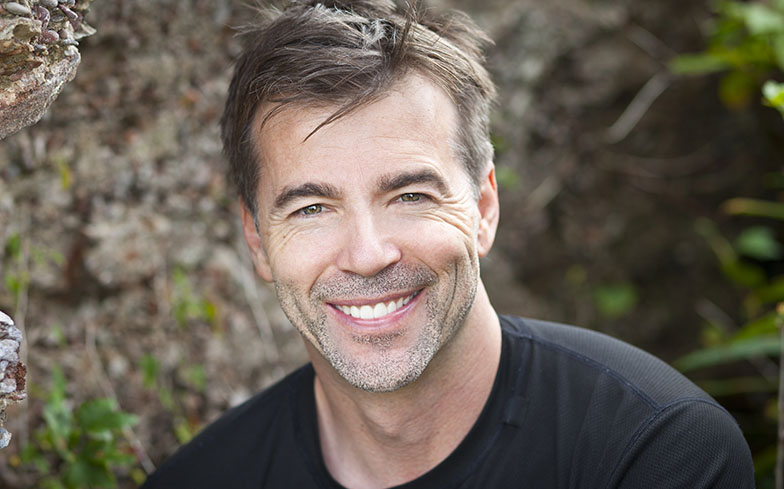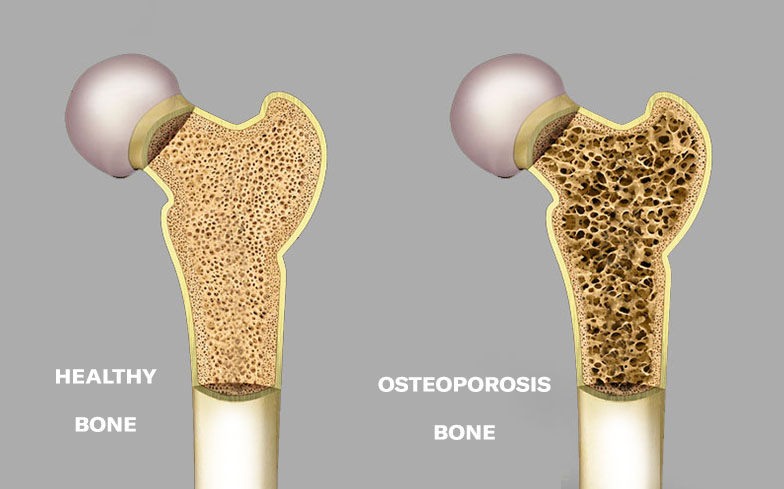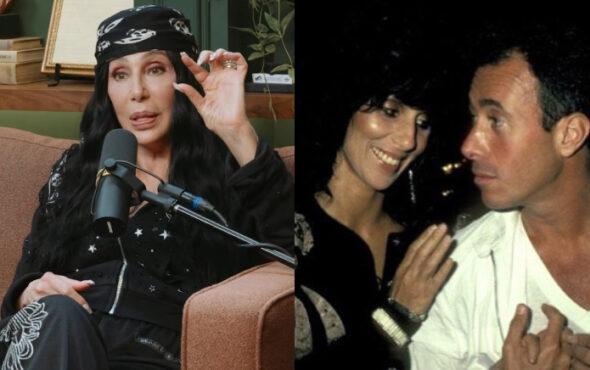
The facts about healthy bones and HIV
Time and again, I go to lectures and hear ‘the population is ageing,’ alongside a sophisticated diagram with a negative looking facial expression… as if this is a problem! With or without HIV, we are all living longer which is GREAT. However, we all need to approach getting older positively. Thanks to huge innovation in HIV treatment, we can manage the virus into older age. This is amazing but is breaking new ground – greying hair, dropping waistlines, wrinkles and HIV – who would have thought it!?
This development brings new challenges, one of which is thinking about your bone health.
How bones work
There are 206 bones in an adult skeleton, working together so that you can move fast whilst providing protection for your organs. The skeleton is so well-designed that it is light enough for Usain Bolt to run 100 metres in less than 10 seconds, and strong enough for Lewis Hamilton to crash his F1 racing car at 150mph and walk away.
The point at which we get the strongest and most resilient bones we will ever have is called ‘peak bone mass’. Our peak bone mass and strength is reached at around 25 years old which is maintained for roughly another ten years. After this point our bone strength, like muscle strength, tends to slowly and steadily decline (although the more we use them, the longer we keep them strong).
If bones get really thin, this can lead to osteoporosis, which means that they are weaker and can fracture more easily. Bone fractures are painful, cause disability and can significantly limit independence.
What does HIV do to bones?
We don’t quite know exactly what HIV does to our bones. The virus seems to slow down the cells that make healthy bone. Additionally, in the period between infection and starting treatment, HIV excites the immune system to produce bad chemicals (called cytokines). This doesn’t do healthy bone development any favours.
HIV drugs and bones
Starting treatment with most antiretroviral drugs appears to temporarily reduce bone strength as measured by bone mineral density (BMD), using a DEXA scan. Typically, antiretrovirals reduce BMD by 2-4% over the first 1-2 years1. The good news is that 2-4% is not very much, especially if the skeleton was healthy before getting HIV. Most people’s skeletons will stabilise this loss after 1-2 years.
If you’re concerned that your bone health wasn’t the best before you started treatment, or you’re concerned about your BMD, the best thing to do is talk to your doctor, work on your diet, exercise and avoid smoking and heavy drinking to help your skeleton recover. It’s also important to know that some antiretrovirals may be slightly worse for your bones than others, whilst some newer drugs may be better for bone health. Please discuss your treatment with your doctor if you have any concerns, particularly if:
● you fall over often
● you have ever broken a bone without much trauma as an adult
● people in your family have osteoporosis
● your mother or father broke their hip
Finally…
Your skeleton is amazing! The best things you can do for it are looking after it with diet and weight-bearing exercise. You should also ask your doctor for your FRAX score or a bone density test, especially if you fall over or break a bone. If you’re concerned about any aspect of ageing with HIV, head over to the My HIV, My Rules, My Journey website and take the Health MOT, an interactive tool with a handy print-out check list you can take to your next appointment.
Words Dr Karen Walker-Bone [Associate Professor of Occupational Rheumatology at the University of Southampton’s medical school.]
This article has been written as part of the My HIV, My Rules, My Journey campaign, a disease awareness program that has been developed and paid for by Gilead Sciences Ltd.
December 2017 001/UK/17-04/MI/1026l
References: McComsey, G.A et al (2010) Bone disease in HIV infection: a practical review and recommendations for HIV care providers. Clinical Infectious Diseases. 51(8): 937-946. Available: https://academic.oup.com/cid/article/51/8/937/332474




